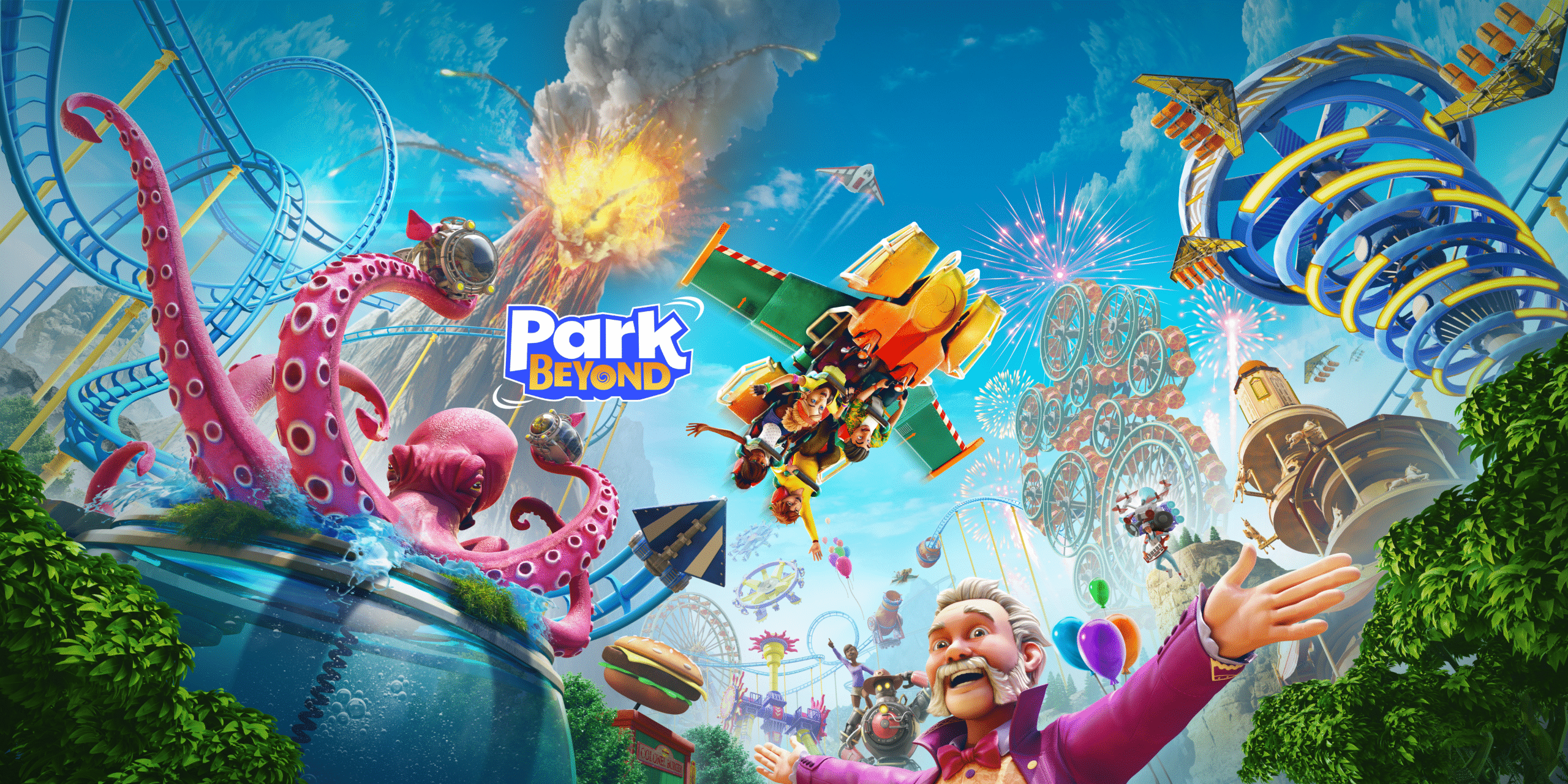Park Beyond is a different sort of project for Bandai Namco, a company known better for its arcade classics, licensed kids games, and anime-style brawlers, RPGs, and mech games. It’s an amusement park management sim, the first for developer Limbic Entertainment.
This isn’t Limbic’s first foray into management sims. It worked with Kalypso on Tropico 6, a more ambitious entry in that long-lived franchise. For 505 Games, it did Memories of Mars, an open-world survival game with a lot of building and management elements. It also did one of my favorite RPGs of the past decade, Might & Magic X: Legacy. The German studio has more than 20 years of experience in co-development and making games.

Unlock premium content and VIP community perks with GB M A X!
Join now to enjoy our free and premium membership perks.
![]()

![]()